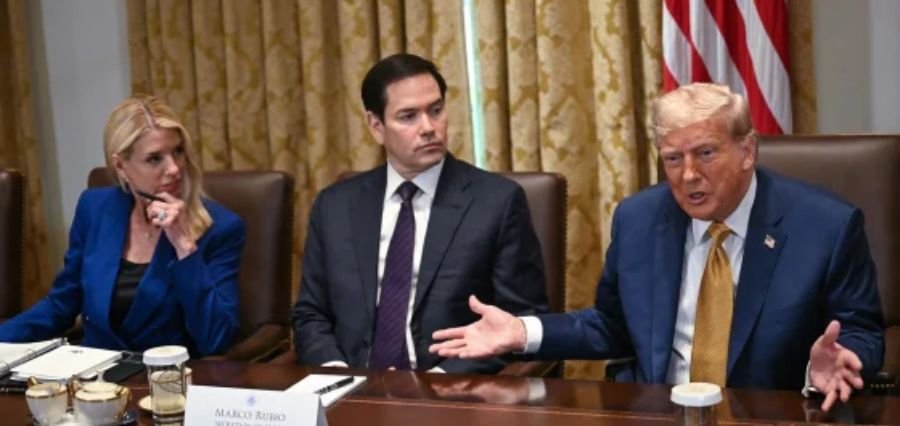Trustless leadership is constructing a house on sand—it will never be strong enough to handle the demands of actual challenges. In the modern business era, influence is less about exerting power; it is more about establishing genuine relationships grounded in credibility, integrity, and compassion. Individuals who trust leaders gain loyalty, motivate action, and build a culture where individuals feel they can be their best. Trust is the cement that holds a leader and his people together, turning vision into common purpose and action into common excellence.
Consistency Builds Confidence
Consistency of decision, action, and communication is probably the most powerful tool a leader possesses to establish trust. When people observe a leader making sound decisions, keeping promises, and providing justice to all in the long run, it creates predictability and security at the psychological level. Trust doesn’t come overnight; it comes in those little ordinary moments where leaders appear every day and remain committed to their values even when nobody is watching.
Listening Is More Important than Talking
Influence starts with listening. Managers who listen truly are demonstrating respect and empathetic feedback that makes individuals heard and valued. It is a humble habit that builds healthy relations and establishes a trust environment where individuals feel comfortable to contribute ideas or share complaints. Having listened without judgment or interruption also assists in making the leaders improve in understanding the interpersonal dynamics between groups, identify the potential problems from an early stage, and adapt better to the needs and wants of the teams.
Transparency Builds Credibility
Open and clear communication is the foundation of ethical leadership.
Ethical leaders who reveal problems, can articulate their rationale for decisions, and can accept responsibility for error demonstrate strength and humility. Becoming open does not mean being too disclosing—what it does is be real. It gets credibility when the leader is simply going to go ahead and initiate the tough talk and take people along with them rather than dropping some kind of proclamation of where they are going. Transparency and openness cause fear to dissipate and alignment.
Empowerment Rather Than Control
The executives who empower employees to make a decision and to own their tasks will most probably regain trust.
Disengagement and bitterness are evoked by micromanaging, but empowerment brings about creativity, responsibility, and self-confidence. Trust is a two-way street, and successful leaders understand this. By providing autonomy and space for development to their team members, leaders demonstrate people trust, but they also provide them with the opportunity to grow. Emotional Intelligence Creates Influence The most reliable leaders are emotional intelligence leaders. They are aware of themselves, manage their emotions when under stress, and empathize in relationships. This emotional flexibility enables them to manage conflict easily, rally team members during crises, and celebrate victories in a way that is close and authentic. Emotional intelligence enables leaders to respond—not react—by building trust and respect with calm and connection.
Lead by Example
Leadership impact originates not from what is said, but rather by what he or she regularly does. Individuals will be more affected by a leader who actually practices the values that he or she is preaching. Whether it is working late to help out a project, getting in front of others and owning up to a mistake, or showing deference to all members no matter what position, action speaks louder than any inspirational speech. The credibility of leading by example inspires trust more than any rule or regulation ever can.
Cultural Influence of Trust-Based Leadership
Trust-based leaders make waves throughout the organization. Employees become more loyal, more cooperative, and more tolerant when they trust their leaders. Teams are more innovative, more likely to take smart risks, and quicker to solve problems because no one fears being blamed or attacked. Trust cultures foster loyalty, lower turnover, and attract top employees who are attracted to supportive and empowering work culture.
Managing Crisis with Trust
Crisis moments bring out the true power of a leader’s contribution. In times of uncertainty, fear and rumour spread very rapidly. Authenticated leaders are most likely to speak back to fear, usher in hope, and light up. Folks turn to folks with a history of being reliable and of integrity in such moments. Resilient leaders rise to the occasion not because they possess all the right answers, but because they stand firm, they speak from the heart, and stay present.
The Long-Term Power of Influence Through Trust
Whereas power may command short-term, trust-driven influence is what sustains long-term success. Trust-building leaders ultimately construct followership that transcends role and rank. Their influence endures because it’s rooted in mutual respect, emotional investment, and shared passion for excellence. Such leaders create a legacy—not only of achievement and accomplishment—but of people who were seen, counted, and inspired to become their very best selves.
Conclusion: Trust Is the Real Gauge of Influence
Power, in leadership, is not charisma or control—it’s trust. It is the unobtrusive strength that makes groups get things done, the unnoted glue that makes plans happen, and the emotional current that maintains the health of an enterprise amidst change. Great leaders understand that trust does not belong to any one person; it can be obtained. And through the process of acquisition, they can unlock the full potential of their teams and establish long-term outcomes.





